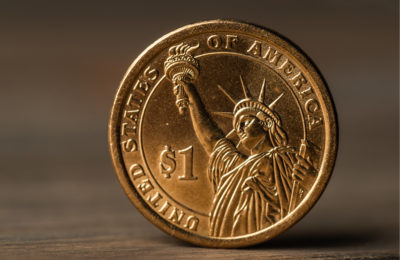Op-ed: It’s time for millennials to reclaim money’s moral high ground
This morning in TownHall Finance, I made the claim that millennials must to reclaim money’s moral high ground. Young people today champion many causes- ranging from gun rights to school choice- but seem to ignore one issue that affects most of their daily interactions: The Federal Reserve’s discretionary monetary policy.
This is polemic because:
[M]oney plays a prominent role in the most basic of human interactions. Its manipulation, or debasing, is a clear violation of property rights and makes it nearly impossible for individuals to enter into contracts with predictable terms, as the value of their means of exchange is constantly subject to change.
Monetary discretion disproportionately affects young people in both the short and long term. Among other things, it keeps them out of the job market, from buying houses and from being able to pay back their student loans.
In my piece, I remind the reader that noting the Fed’s institutional failures is not enough and its adverse affects on young people is not enough. In order to change public opinion, the moral high ground on money must be won. Luckily, this issue has been tackled for millennia. From the Old Testament to the writings of the Late Scholastics to the first members of the Mont Pelerin Society, champions of sound money have show that money is indeed a moral issue. Today, we need young people to aspire to fill the shoes of the likes of Juan de Mariana, F. A. Hayek or the Larry Whites of today. Millennials must not sit idly on the sidelines, but rather join the fight for a monetary system that favors rules and disciple over arbitrary discretion.
To read the piece in its entirety, click here.








